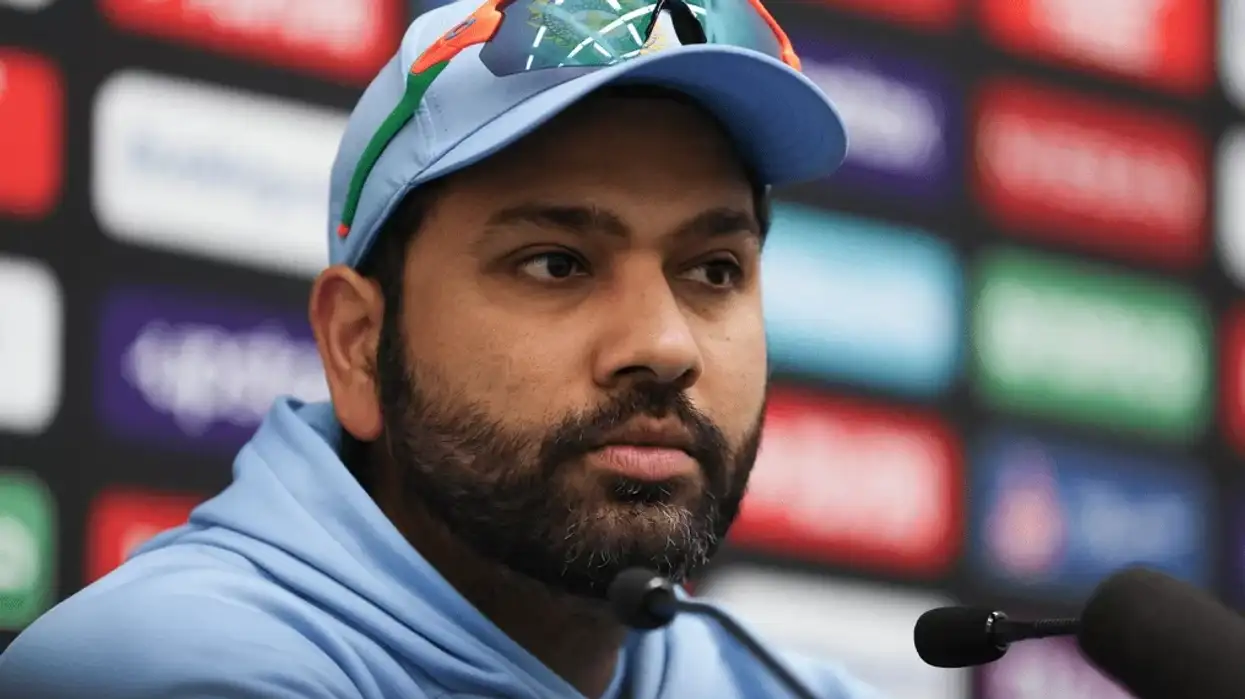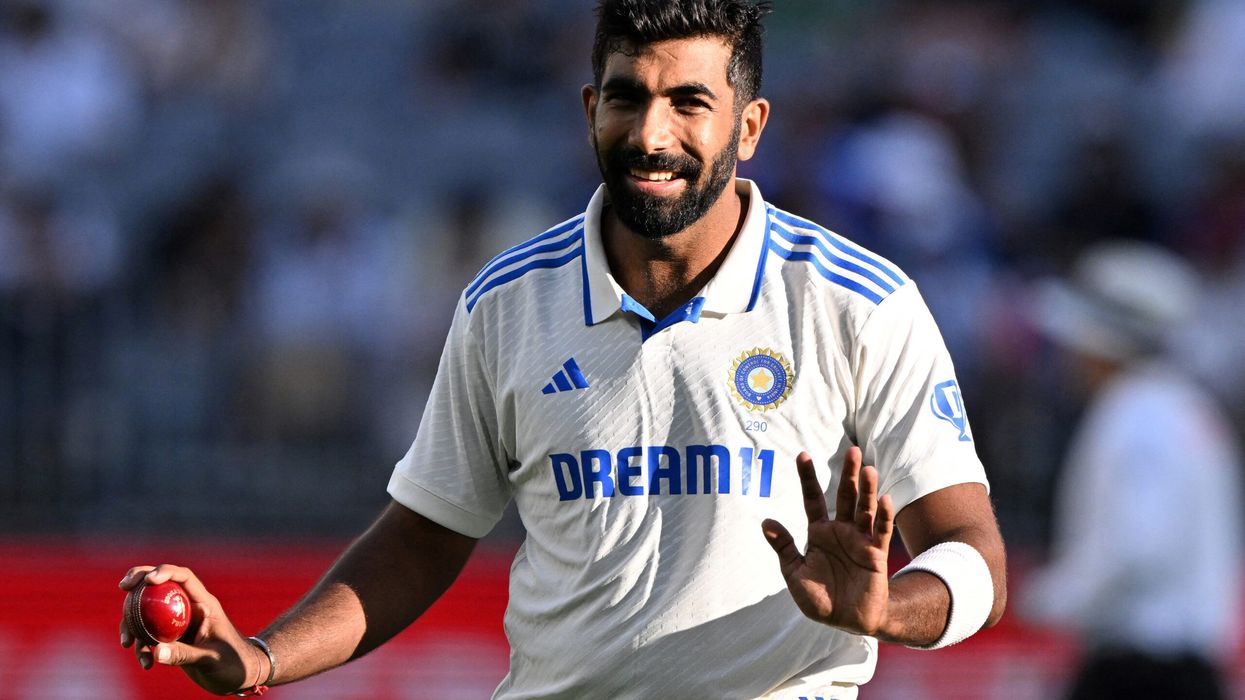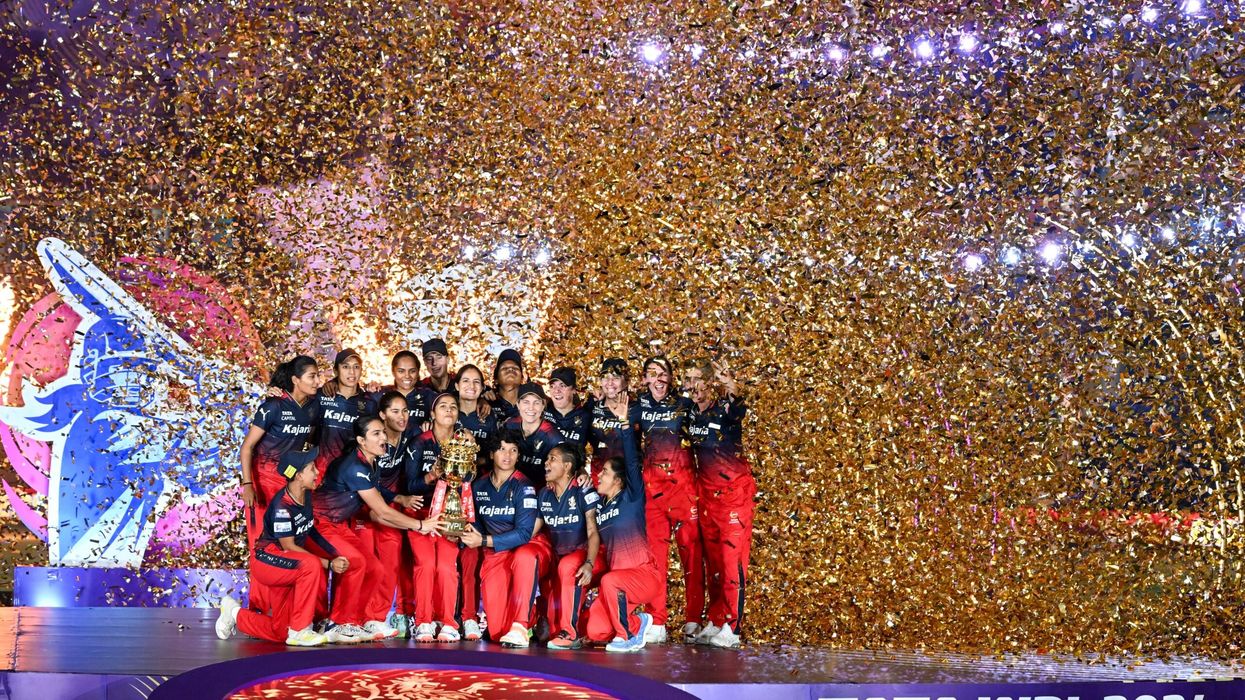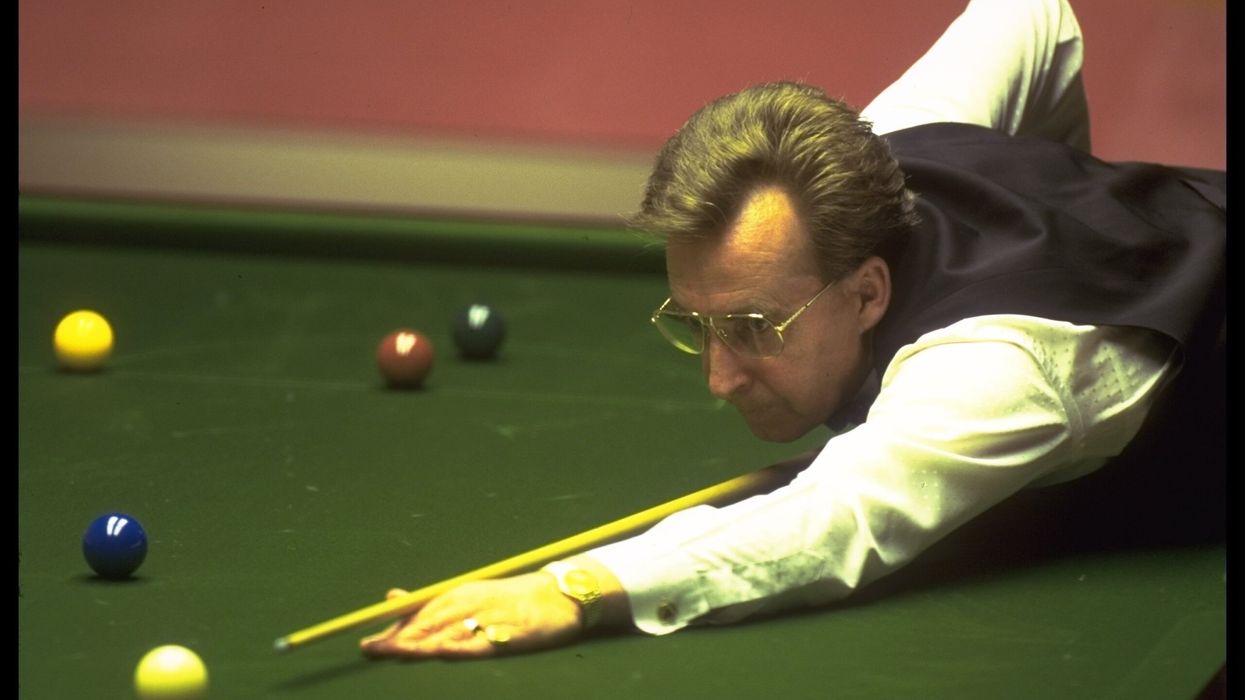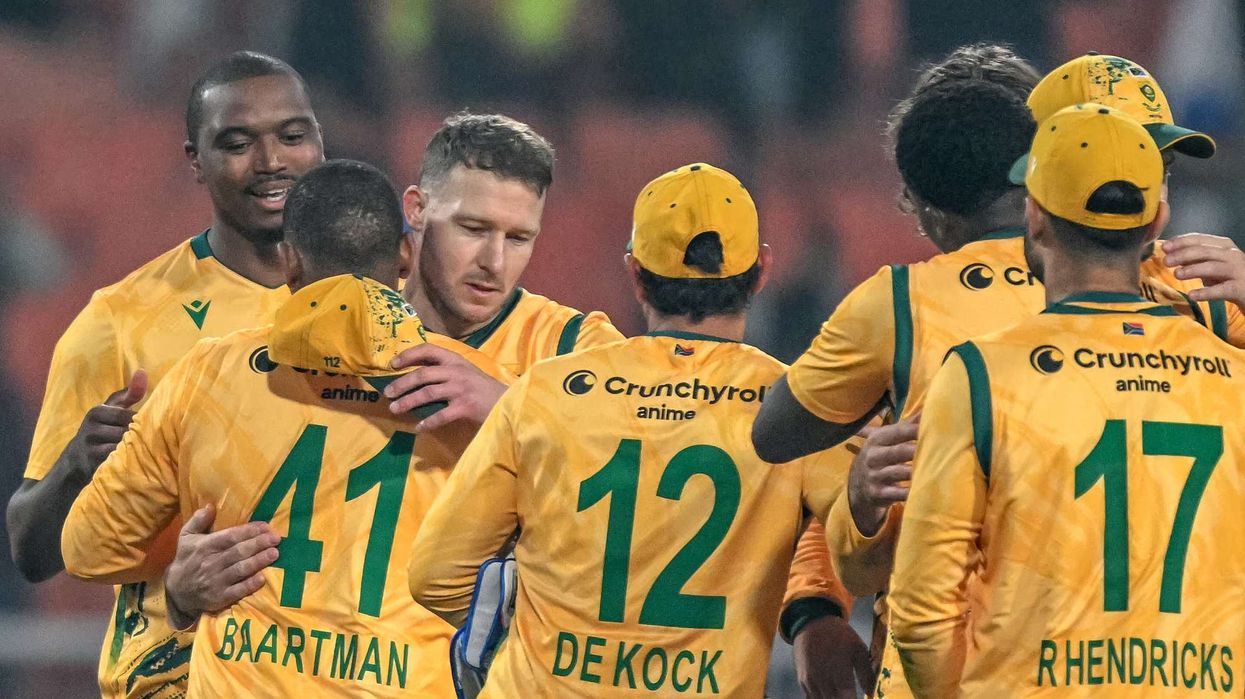ROHIT SHARMA understands the pressure that a home World Cup brings, but the Indian captain said he wanted to “insulate” himself from outside chatter as he embarks on a tough journey to win the country’s first ICC trophy in a decade.
Shouldering more than a billion hopes, Sharma, 36, is aware of what’s at stake in the ODI World Cup, which starts on October 5 with England taking on New Zealand in Ahmedabad.
Speaking just before joining the Asia Cup camp in Bengaluru, Sharma said: “For me, it is important how I keep myself relaxed and not worry about external factors. I want to shut out everything. I want to get into the phase I was in before the 2019 World Cup.
“I was in great frame of mind and prepared really well for the tournament,” he said, referring to the previous edition, when he scored 648 runs with an unprecedented five centuries to emerge as the highest run-getter.
“I was in good shape, good mindset. I want to bring that back and I have time to do that… trying to recollect what were the right things I was doing before the 2019 World Cup as a cricketer and as a person. I want to revisit that thought process of mine personally.”
World Cups and the vagaries associated with the results can change a lot of things, but for Sharma, one month of cricket will not make or break the player that he is.
“A person can’t change overnight with his success or failures,” he said. “I don’t think one result or one championship can change me as a person. I have not changed in the past 16 years and I don’t think anything needs to change on that front. The focus will be on how I can achieve my goals in the next two months, for me and my team.”
Sharma has won five IPL [Indian Premier League] titles as captain of the Mumbai Indians franchise; the Asia Cup as India captain (2018); and led the team to the World Test Championship final in June this year.
Does he think about his legacy in Indian cricket after being around for 16 years?
“No,” he said. “I am not the person who thinks about what kind of legacy I will leave behind. My legacy will be for people to judge and talk about. It’s not for me to say.”
Sharma has 30 ODI hundreds, second only to Virat Kohli’s 46. Add 10 Test centuries and four T20I tons – a total of 17,000-plus international runs are not bad numbers.
“I’m not a firm believer in numbers. You should be happy, enjoy the time you have and try to live in that moment. I am thinking about what gives me happiness,” he added. “It’s all about creating memories, a good rapport with my teammates. Be happy in whatever you get and whatever you have.”
Sharma has the unenviable task of telling at least three out of 18 members of the core group they will not be a part of India’s World Cup’s 15-member squad.
There is a sense of déjà vu. When he was 23, he didn’t get a look-in in that history-making ‘Class of 2011’. It had hurt, back then and no one knows that better than him.
“While picking the best combination, there will be guys who will miss out for various reasons and [coach] Rahul bhai (Dravid) and I have tried our best to explain to the players why they are not in the squad,” said Sharma.
“We have tried to communicate with the players after every selection and playing XI that has been announced. We talk to them face to face, one on one why they have not been picked.
“Sometimes, I try and put myself in their shoes. When I wasn’t picked in 2011, it was such a heartbreaking moment for me. I felt, ‘what’s left after being dropped from a World Cup squad?’”
Then India skipper MS Dhoni and the selectors believed an additional wrist spinner in Piyush Chawla would be more useful than an extra batter back in 2011.
Sharma said, “I went back to the drawing board, worked hard and immediately after the World Cup, I made a comeback and it has been good since then. Since this is me, who has gone through this emotion, no one can tell me that’s ‘easier said than done’. I have faced exclusion in a World Cup, and I know how it exactly feels.
“It’s not like, ‘I don’t like this person, so I am dropping him’. Captaincy is not based on personal likes and dislikes. If anyone misses out, there is a reason for it.”
He also had no qualms in admitting that at times, his and Dravid’s decision can go wrong.
“Me, coaches, and selectors, take into account all factors like opposition, surfaces, our strengths, their weaknesses, and reach a common ground. There is every chance that we will make mistakes. At the end of the day, few individuals make decisions, and we won’t always be right.”
